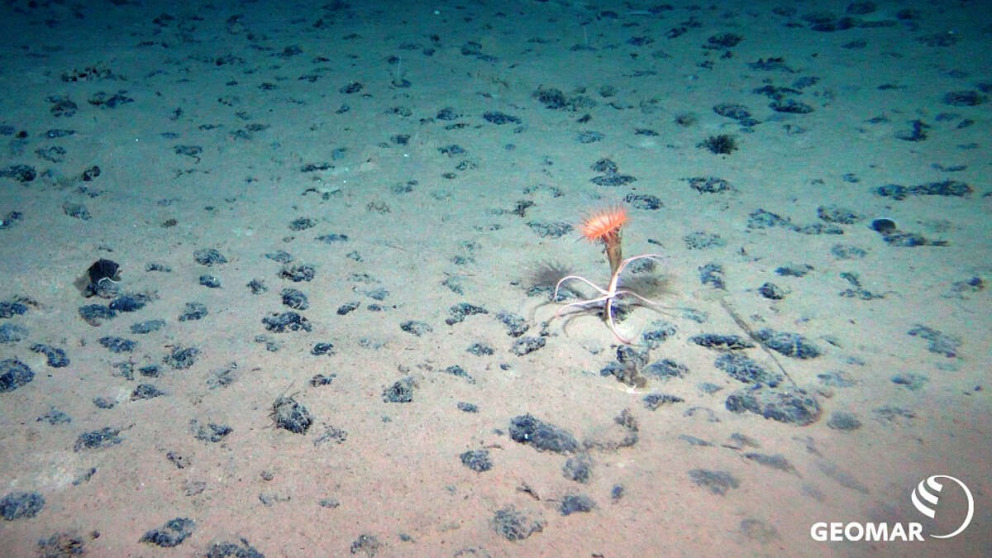Germany Calls for Precautionary Pause on Deep Sea Mining
07.11.2022

Negotiations to regulate deep seabed mining are entering a critical phase with some states pushing back against the rush to mine the ocean floor. Germany has called for a precautionary pause on seabed mining. The Ocean Governance team at the IASS is supporting the development of high environmental standards to protect the ocean from harm that could be caused by seabed mining.
Negotiations on the regulation of deep seabed mining are entering a critical phase at the International Seabed Authority (ISA). While some stakeholders are pushing for mining to start soon, states are beginning to caution against rushing towards this latest extractive industry.
On Monday, Germany called for a precautionary pause on deep seabed mining at the ISA. In doing so, Germany joins the ranks of numerous states, including Chile, Costa Rica, Federated States of Micronesia, New Zealand, Panama, and Spain, as well as the European Parliament, that have all called for a pause on this emerging industry. These calls are driven largely by environmental concerns as we currently do not have sufficient scientific knowledge to adequately predict the environmental consequences of mining activities on the deep seafloor. What we do know so far points to a worrying risk of serious harm to the ocean and loss of marine species.
Moreover, there are concerns around the social impacts of seabed mining and whether and how any benefits would be shared. Under international law, the international seabed is the “common heritage of humankind” and mining activities, if permitted, must be carried out for the benefit of humankind as a whole.
The IASS’ Ocean Governance research group has worked on environmental, social, and economic aspects of deep seabed mining since 2015. Our team is currently advising the German Federal Environment Agency (UBA) on creating a framework for environmental standards to guide the regulation of deep seabed mining. We agree with Germany that it would be premature to start seabed mining at a time when our knowledge about the deep ocean is so incomplete that we cannot yet predict the extent of environmental harm that would be caused by seabed mining.
As Germany noted, “current knowledge and available science is insufficient to approve deep seabed mining until further notice.” In prioritising science over extractive mining for the time being, Germany follows the precautionary approach, in line with key commitments of the EU to protect the seabed and marine biodiversity . As Germany highlighted, “Germany insists on the strict application of the precautionary approach and sees the need for a precautionary pause in deep-sea mining, facilitating further marine scientific research.”
The ongoing negotiations at the ISA aim to develop international regulations for commercial-scale seabed mining and could set out who would be allowed to mine seabed minerals, under what conditions, what requirements miners would need to meet, and how much would be shared of any financial benefits. During these negotiations, Germany is pushing for the development of binding environmental thresholds for all seabed mining activities to allow states and the ISA to assess whether the marine environment will be effectively protected from harmful effects that may occur through mining activities.
If, however, more states come out in favour of a precautionary pause, the ISA might be able to develop a research programme that draws on scientific expertise worldwide to collaboratively fill the most significant knowledge gaps about deep ocean ecosystems. This could feed into the UN Decade of Ocean Science 2021-2030 and allow states to make a more informed choice about deep seabed mining in the future.
